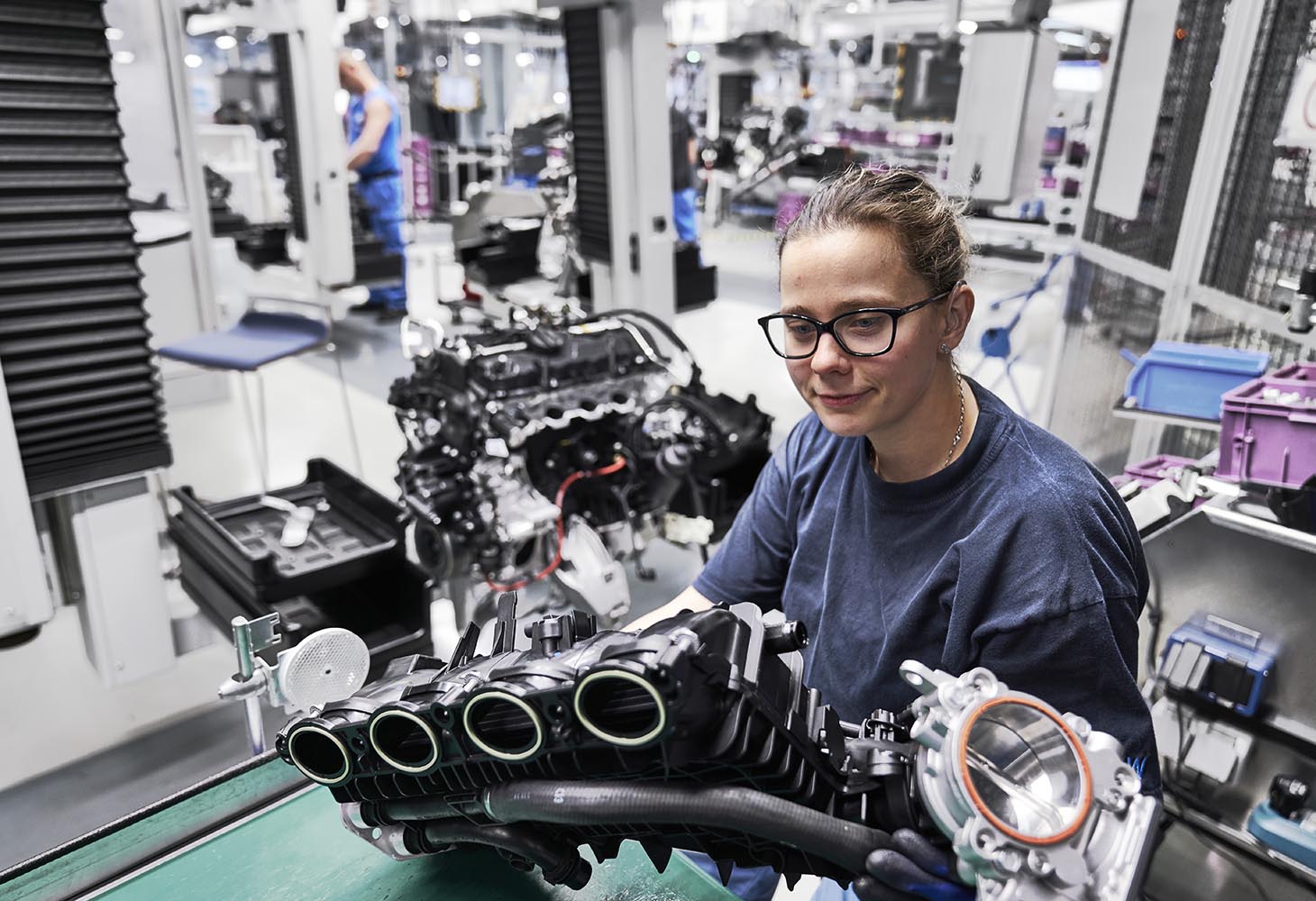
BMW’s future: Balancing combustion engines and electric vehicles
BMW, the German luxury automaker, has revealed its strategic approach towards the future of mobility. While many car manufacturers are rapidly transitioning to electric vehicles (EVs), BMW emphasises a balanced approach, maintaining its combustion engine models alongside its growing EV lineup.
Speaking to the Frankfurter Allgemeine Zeitung (FAZ), a German newspaper, Frank Weber, a member of the BMW board, highlighted the company’s commitment to offering choices to its customers. “We believe in technological openness,” Weber stated, indicating that BMW will not solely focus on electric vehicles but will also continue to improve and offer combustion engine models.
This strategy stems from BMW’s understanding of the diverse needs of its global customer base. In regions where EV infrastructure is still in its infancy, combustion engine vehicles remain a practical choice. Furthermore, BMW recognises that a complete transition to EVs will take time, and until then, there’s a demand for improved, efficient combustion engines.
However, BMW is not sidelining its electric ambitions. The company has invested significantly in EV technology and aims to introduce several new electric models in the coming years. By 2030, BMW expects at least 50% of its global sales to come from electric vehicles.
Weber also touched upon the challenges of the EV transition, particularly the need for a robust charging infrastructure and the environmental concerns associated with battery production. He emphasised that for EVs to be genuinely sustainable, the entire lifecycle, from production to recycling, needs to be environmentally friendly.
In conclusion, BMW’s strategy reflects a pragmatic approach to the future of mobility. While the company is enthusiastic about electric vehicles, it acknowledges the continued relevance of combustion engines for certain markets and customer segments.
.gif)












